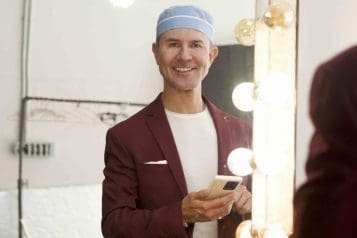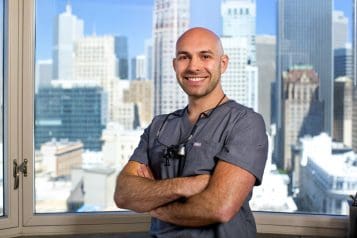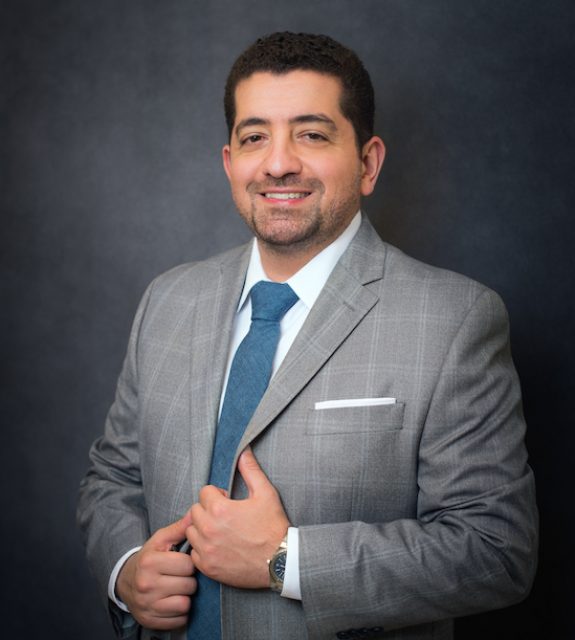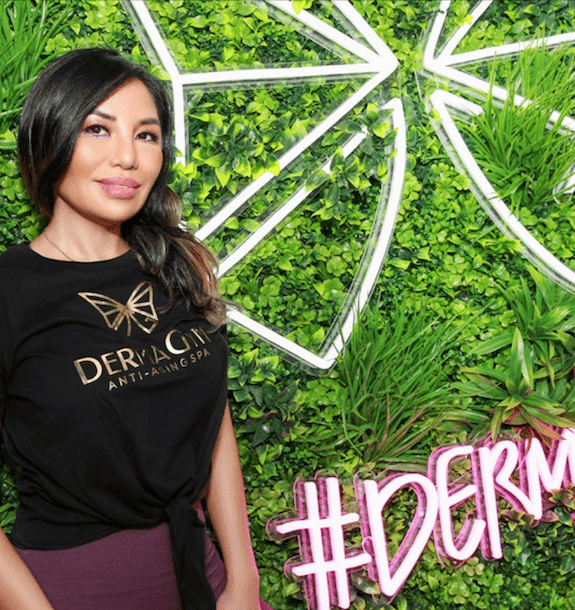
For many around the world, and for me, 2020 will be marked out as a true Annus Horribilis. It was no longer a matter of what could go wrong but simply when.
I do not recall a time in my own life when watching the news or simply listening to the inhumanity and insensitivity of others would bring me to tears.
I have no more tears. The rampage of the novel COVID-19 virus throughout many lands has been staggering. In the USA, it is now equivalent to a 911 event every single day. The stories are heart rendering. Today, I read the story of a couple who died from being infected with the novel COVID-19 virus holding hands in the ICU with their children. I cannot imagine how much pain that would have caused; yet, my hope is that through all of this, true love will surely endure.
I have no more words. I have listened to leaders failing to lead, intelligent men and women denying obvious scientific truths, irrational statements from all quarters, and now, those who have come through having had COVID-19 seem to take delight in mocking others that have died as somehow defective human beings. How insensitive! For them, there is no lesson in human genetics and how we all respond differently to disease that will help, no point in discussing the importance of pre-existing conditions, social inequality, racial bias, or inadequate access to health care, or simply, the cumulative burden of illness in those already battling other stresses in their life. It’s simply been all too easy to give up!
Is there any lesson that can be learned? I reached out to Bastian, the protagonist in my book series, Six Rings, for answers. Bastian always seems to have answers, having mostly seen the world with a utopian although neo-classical view. For Bastian, the real pandemic would not be just the viral infection, horrible as it has been, but the fragmentation of society, our norms, and even our ability to be kind and considerate to others. Indeed, the real casualty has been the assault on our mental health to the point of weakening our resilience. The problem is not just the virus – it is us!
In the infamous words of Friedrich Nietzsche: “hope is the worst of all evils because it prolongs the torment of man”. As we all have clung to the hope of solace, even that is being eroded by a new set of confusion that is hard to fathom. I reject the quote of Nietzsche because without hope, there is no growth, and without growth, no rebirth, and without rebirth, no renewal. I offer a different perspective.

In my past writings, I have emphasized the role of kindness in life. It is a difficult concept to master because it relies on true forgiveness, which is not always natural, and for some, that could seem like a saint-like quality. It’s not! It just takes practice - like everything else.
As a practical exercise, break down your day, or better your hour, into small segments, and think about how you can make the next segment kinder to yourself and others than the last.
Heed the well-known adage that your thoughts, and how much weight you give them, is important to your mental resilience. Your thoughts can govern what you say, and this can influence what you do. What you do, in turn, becomes your behavior. Do this enough times unchecked and it becomes your habit. And worse, at the conclusion, your repeated habits can become your character or personality. It is important to protect how your thoughts shape your personality, as that is your calling card to yourself and the world. So, at first, work on your thoughts.
Another important aspect of building strong mental health and resilience is to quell your insecurities. You might wonder, how can I do that? Surely, we all have some insecurities! Of course, to an extent we not only have some insecurities, but we can make that worse for ourselves. In Six Rings, book 1, the protagonist, Bastian, talks about “emotional dishonesty” as he tells the tale of attending a funeral, which in some ways has an analogous feel to a wedding. In those settings, people say many things they do not mean or believe; yielding a caricature of the true essence of the gathering. Emotional dishonesty, even towards oneself, is a progenitor of insecurity. The cure is simpler than you might think. It’s called transparency. Transparency to know who you are, and to have the confidence to be able to reveal yourself truly to others. If you are not transparent with yourself, you will be insecure, and others will perceive it. When they do, their perception is not often at a higher level to understand your insecurity but to cast judgment and simply mistrust you. This sets up a spiral of mistrust, which leads to an even greater effort to conceal that character trait. It’s like locking yourself into a jail of tormented emotions and misunderstandings; then, throwing away the key.
One tool in developing transparency with yourself is to sit opposite a mirror and tell it your story, paying particular attention to when you say things that make you uncomfortable. Put those thoughts down in a diary and replay the circumstances in your head until the discomfort is gone. If that is too difficult to do by yourself, you can be guided through this process by a professional life coach or a therapist. Others might work through these fears through guided meditation.

I encourage all of you to start that journey today, and not wait till the tear-filled evening of December 31 to make emotionally dishonest resolutions. Be steadfast. Change now. Hope now. Love now. Be kind now. Be grateful always. Be brave forever. Start to turn this Annus Horribilis into a journey into a new world called yourself. And embrace the change unconditionally, and with all due consideration for others. Above all be grateful and charitable!
Till next year… when the journey continues!
For more information, visit Dr. Bankole Johnson's social media:
























